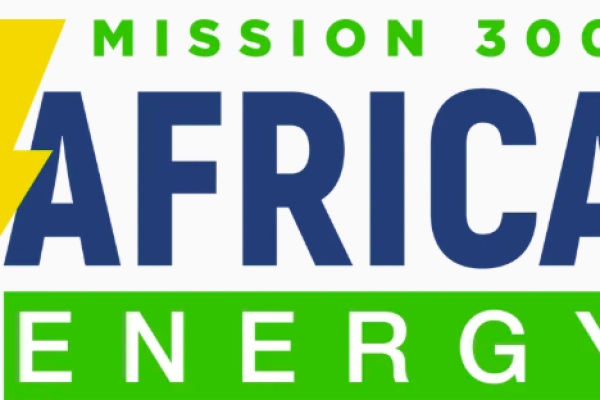
Striking the Right Work Life Balance for Peak Performance
A balanced workforce is a productive workforce
From : 17 December, 2025
To : 17 December, 2025
Introduction to Cost Benefit Analysis
How to Conduct a Cost-Benefit Analysis
Practical Sessions
Planners, Economists, Engineers, Financial Experts, Auditors, Board members, and all staff from:

Striking the Right Work Life Balance for Peak Performance
From : 17 December, 2025
To : 17 December, 2025

Exploring Financial Models for Small-Scale Gold Miners
From : 12 December, 2025
To : 12 December, 2025

Mission 300 Course: Setting Baselines, Tracking Performance and Establishing Compact Delivery and Monitoring Units (CDMUs)
From : 12 January, 2026
To : 16 January, 2026
Now $2950

Clean Cooking, the Carbon Market and International Carbon Standards Methodologies
From : 27 April, 2026
To : 1 May, 2026
Was $3000
Now 2450